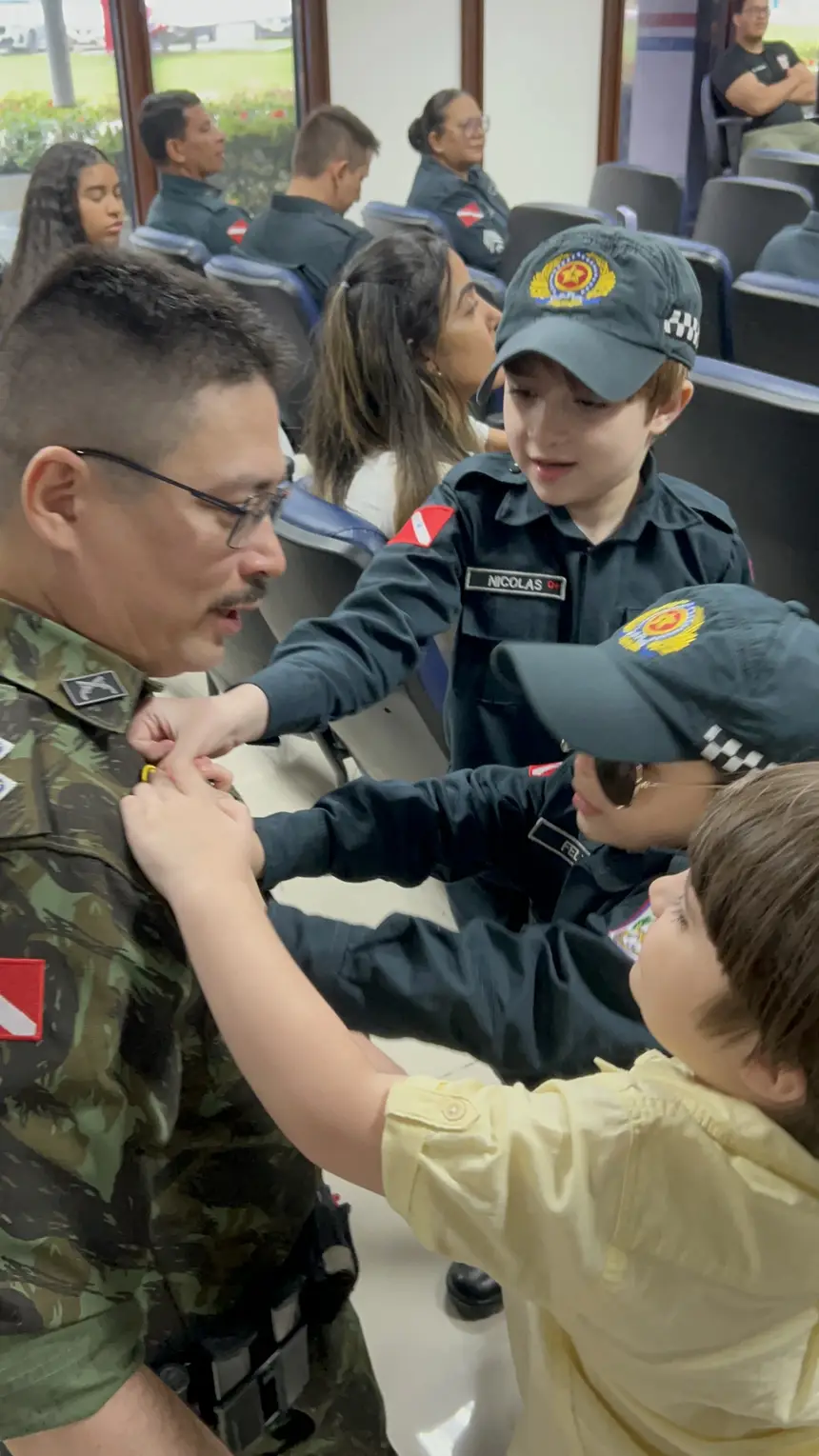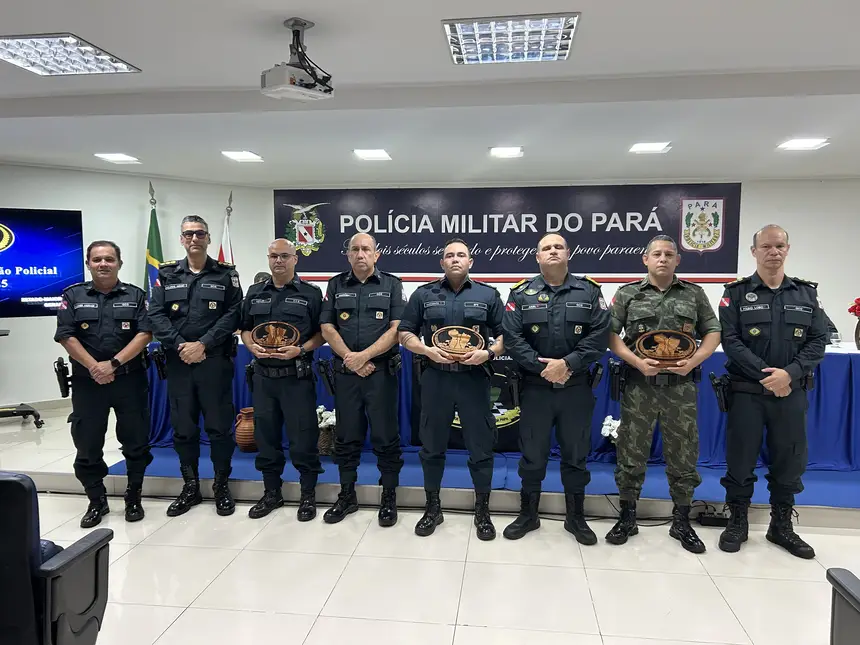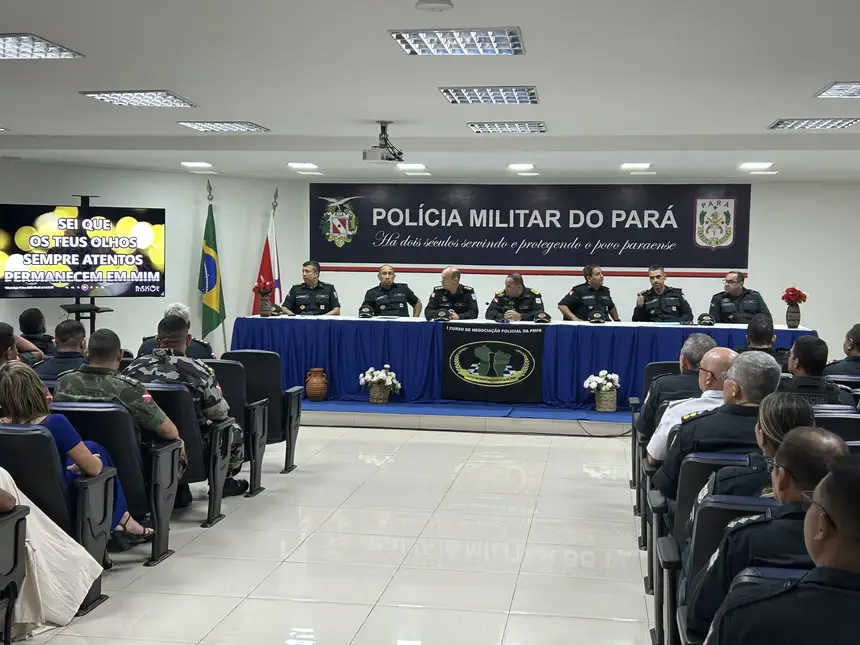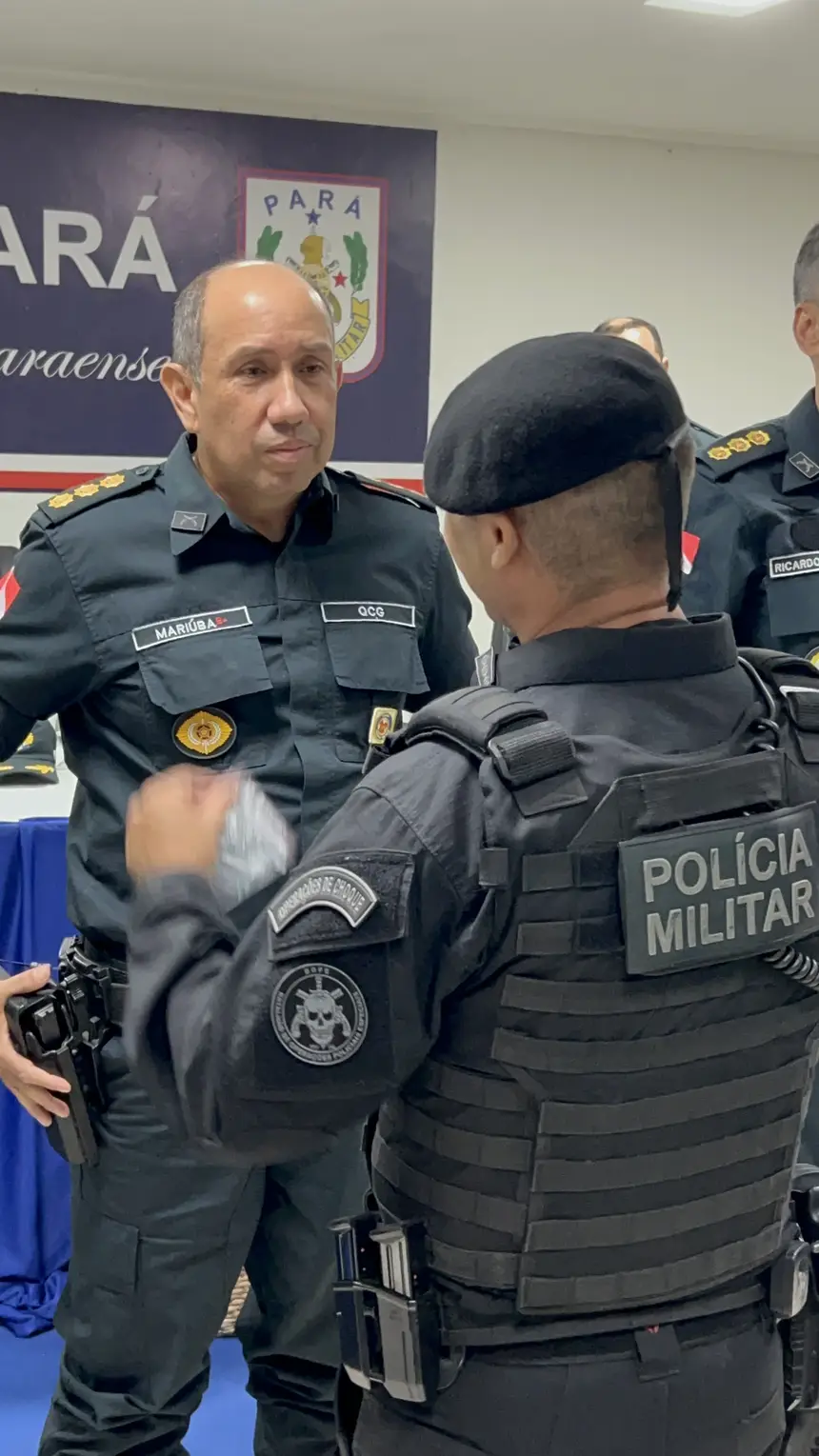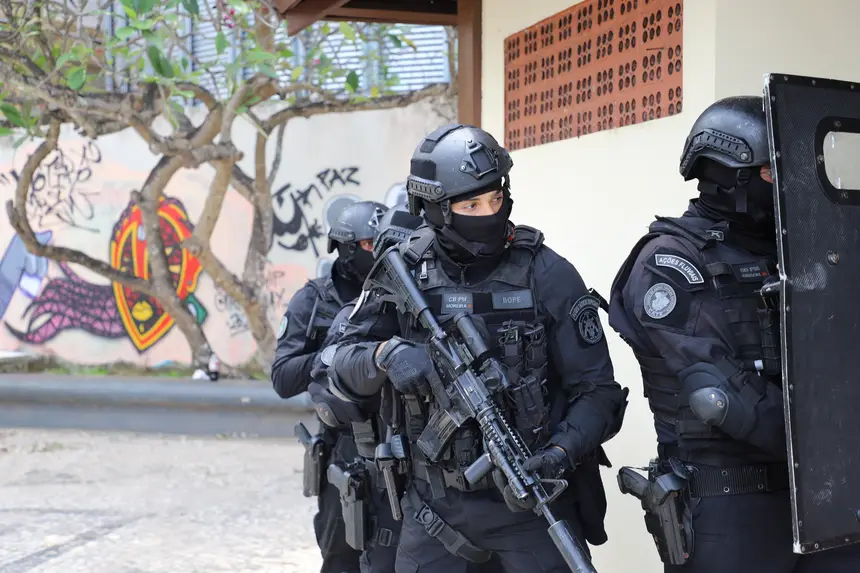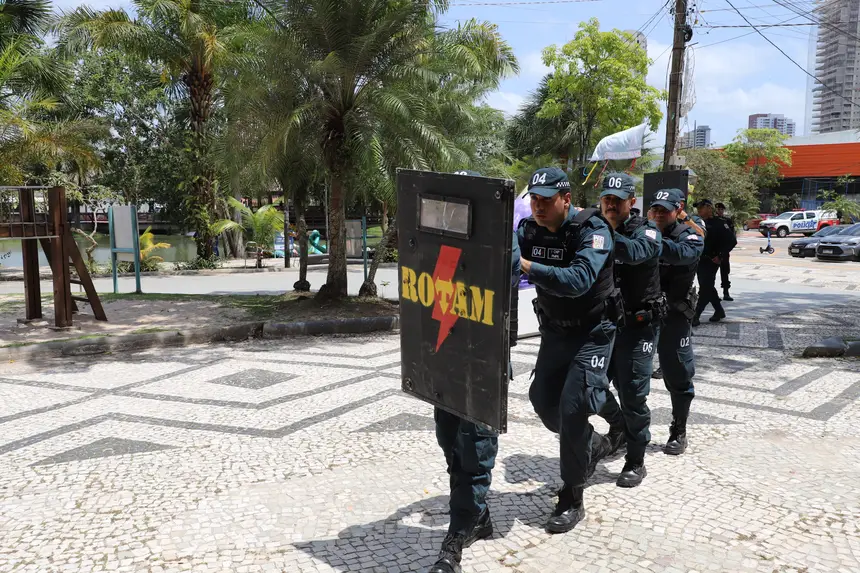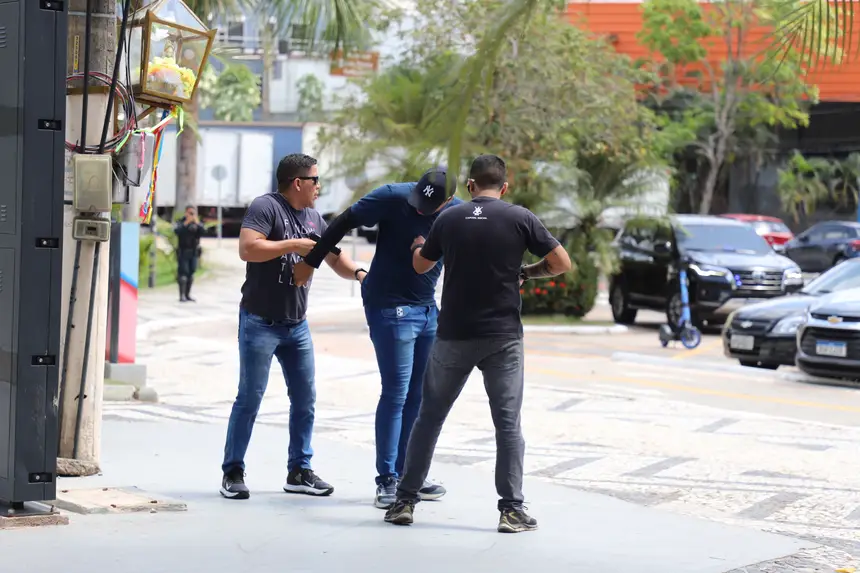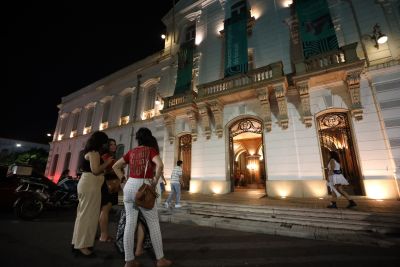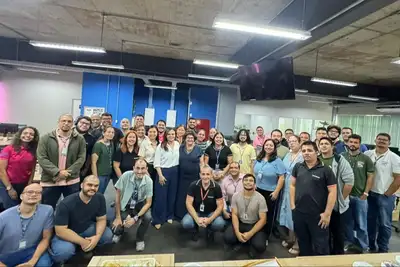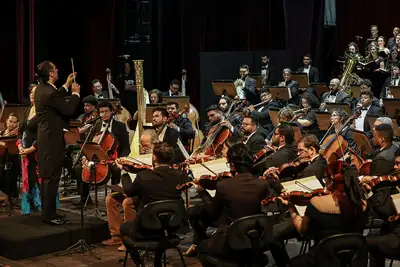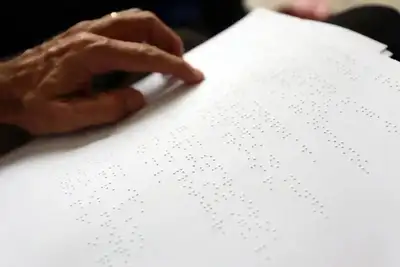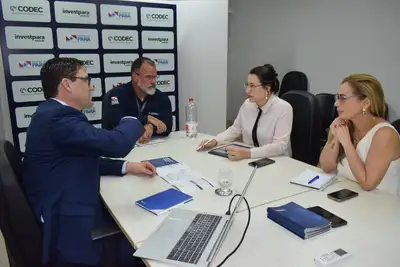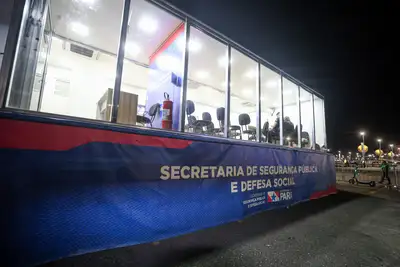Military Police concludes the first Police Negotiation Course in Pará
Nine officers are qualified to act in critical occurrences, aiming to minimize risks and preserve lives in high-complexity scenarios
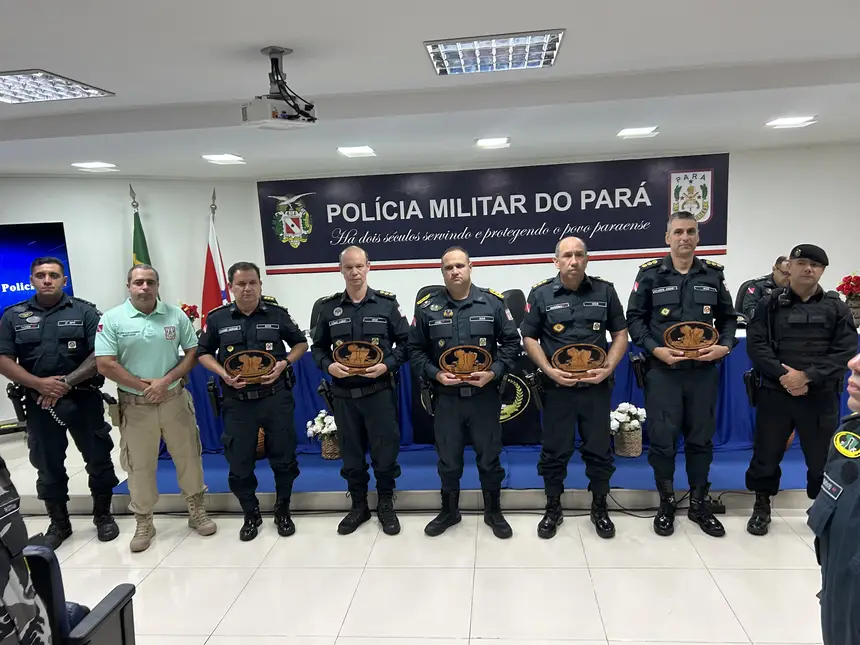
The Military Police of Pará held, this Thursday (30), the closing ceremony of the first Police Negotiation Course of the corporation. The training qualified nine officers to act in critical occurrences, with the aim of minimizing risks and preserving lives in high-complexity scenarios.
The initiative reinforces the institution's commitment to the technical and human enhancement of its professionals, especially in light of COP30, an international event on climate change that the State will host in November, in Belém.
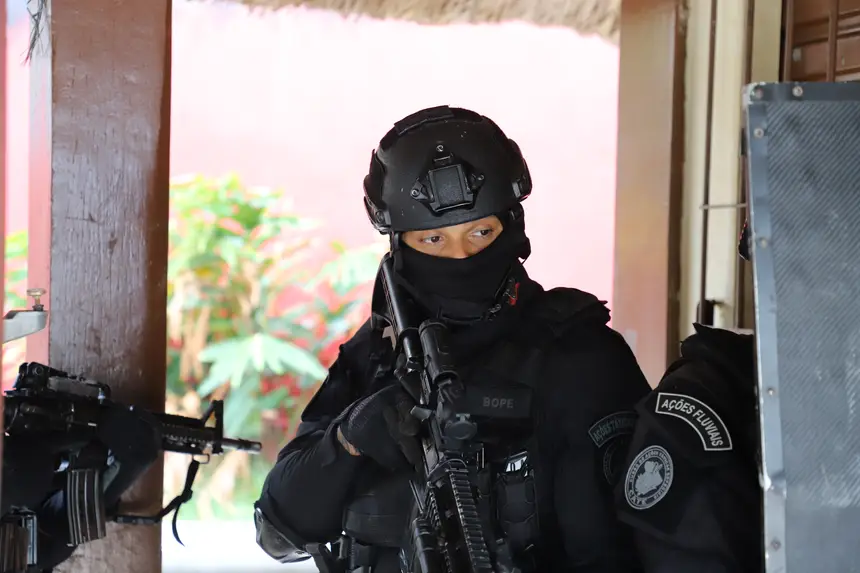
The training required emotional resilience and psychological preparation. For two weeks, the instructions took place from 7 AM to 4 AM the following day, simulating high-pressure conditions, with a total workload of 110 hours.
The commander-general of the Military Police of Pará, Colonel Sérgio Neves, emphasized that the course reflects the State government's continuous investment in the qualification of public security professionals. "The State has been heavily investing in the training of our agents, and this course is proof of that. We will have more professionals prepared to serve the population with technique, balance, and humanity, especially in situations that require dialogue and emotional control," said the colonel.
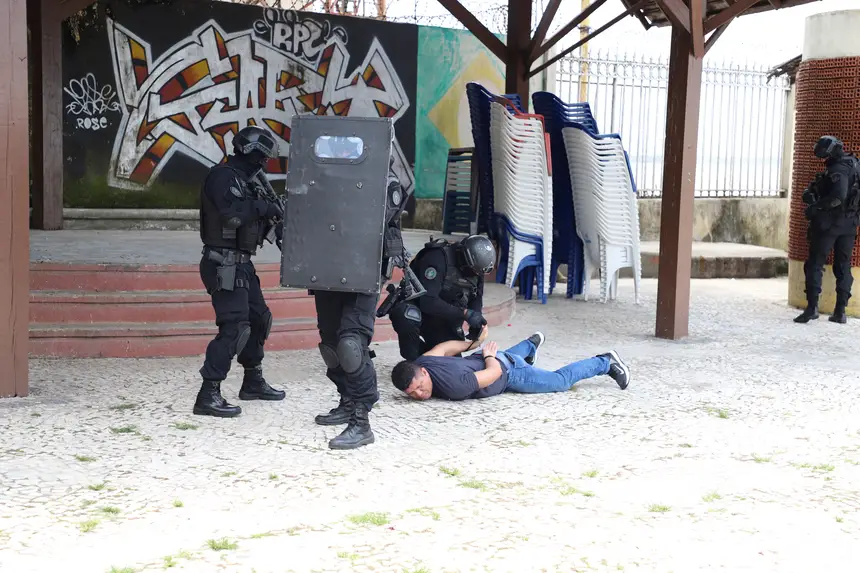
Crisis Simulation - Last Tuesday (28), the participants completed the training module with a crisis simulation involving a hostage, held in the Ver-o-Rio area, in Belém. The practical activity concluded the 14-day training, with daily instructions focused on negotiation and crisis management.
Major PM Alexsandro, one of the course coordinators, highlighted that the training represents a significant advancement for the corporation. According to him, police negotiation is the first tactical alternative in crisis situations, and the course aims to qualify operators to act in a technical and safe manner.
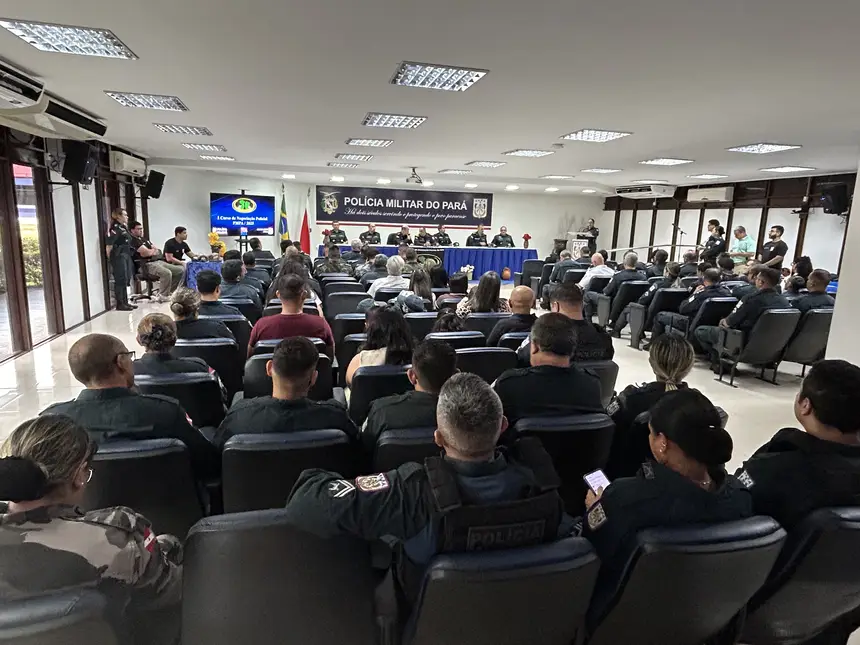
“For a long time, this operation was done empirically. The knowledge acquired outside the State is now being multiplied in Pará, preparing more negotiators for different types of critical events, such as hostage situations, suicide attempts, or situations involving people in emotional distress,” explained the major.
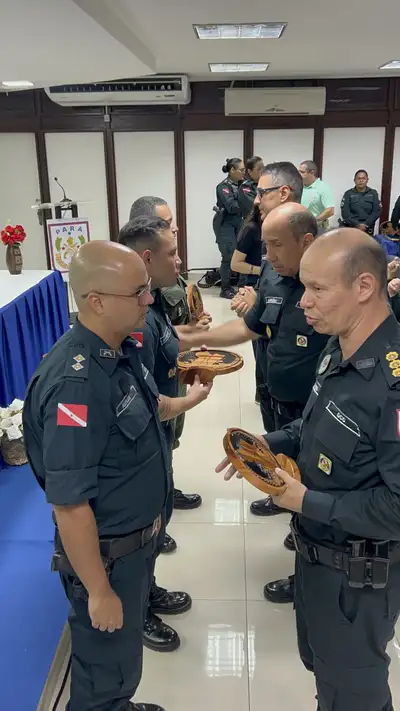
The chief of the PMPA General Staff, Colonel Ariel Sampaio, emphasized the strategic importance of the training in light of the major events that the State will host. “The course is unprecedented in the corporation and comes at a crucial moment of preparation for COP30, which may involve situations of protest and negotiation. It is essential that the Military Police have technically qualified professionals to handle these scenarios in a balanced and efficient manner,” emphasized the colonel.
With the formation of this new class, the Military Police now has double the number of professionals qualified to act as negotiators. The course was exclusively aimed at officers with prior training in crisis management, expanding the operational capacity of the corporation and leaving an important legacy that goes beyond COP30.
One of the graduates, Major PM Gilberto, highlighted the relevance of the training for the technical enhancement of the troops. In his assessment, “the course was extremely beneficial, as it complements the training in crisis management that we had already received. This training in police negotiation is essential, especially with the proximity of COP30. Negotiation is the first and most important tactical alternative, as it aims to preserve lives and seek balanced solutions, where both the negotiator and the opponent can reach a positive outcome,” said the officer.


